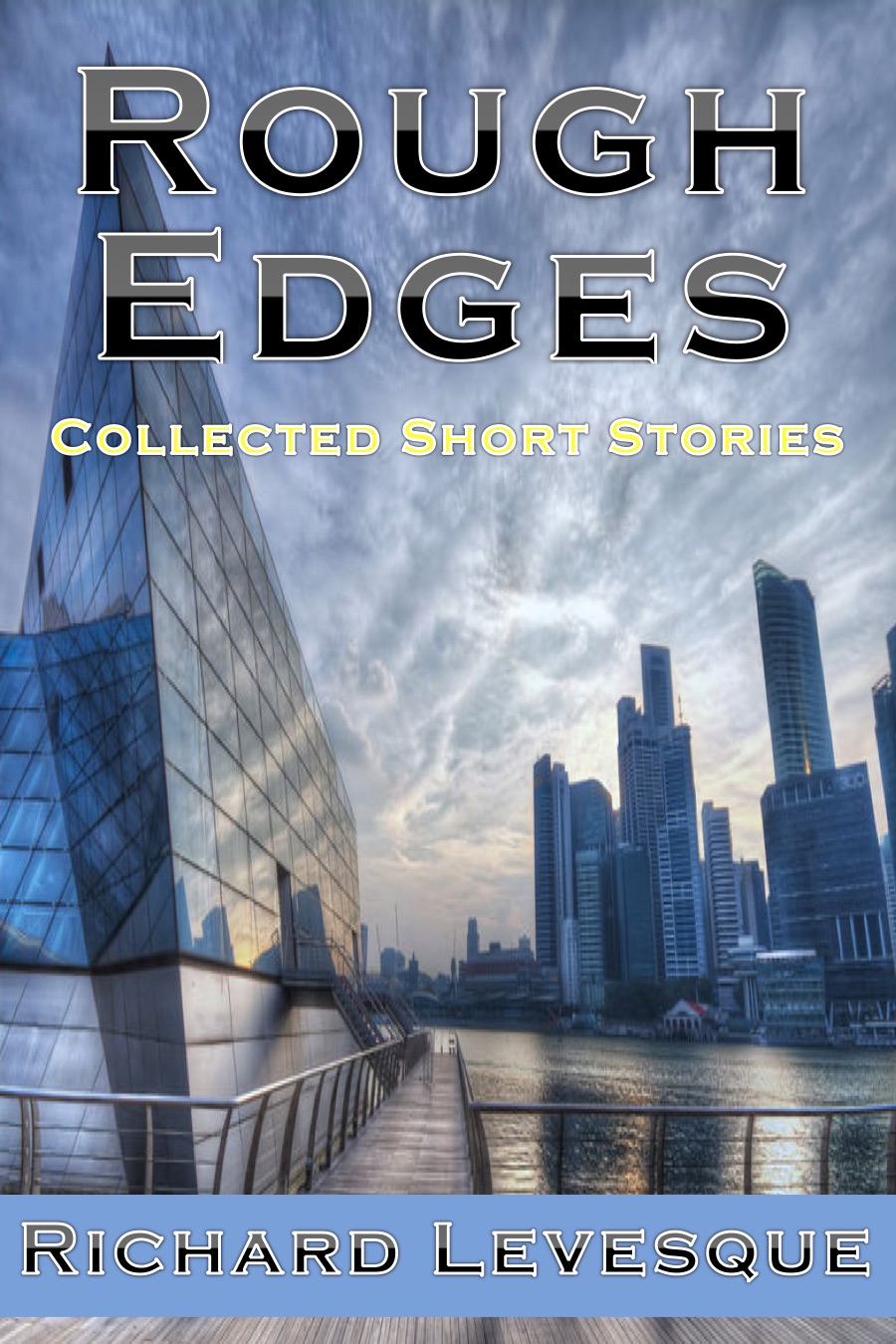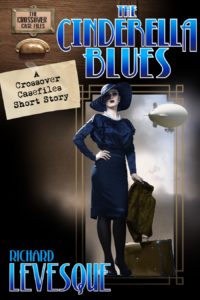Word of Mouth–The Elusive Key to Success
Several years ago, I was lurking in the shelves of a used bookstore looking at the science fiction section–all the way at the back of the store. It was one of those stores that functioned largely as a paperback exchange: if you brought in 3 books, they’d give you credit for one of theirs. It seems that the romance section is the bread and butter for just about any store that runs this way, and this one was no exception: thousands of books on the romance shelves, with mysteries coming up a close second. The science fiction/fantasy section was tiny in comparison and accessible only by threading one’s way through the maze of bodice rippers.
I was the only customer in the whole store and was getting ready to leave. I mean, how many copies of Dune can you contemplate? Then I heard another customer come in. She must have been a regular, as she and the store owner (also female) struck up a quick conversation about the books she was exchanging and whether they’d been any good. I could tell that the customer was older; she sounded grandmotherly.
“Did you like this one?” the owner said.
“It was okay. Not as good as the last one of hers I read. Oh, and this one was good. Do you have any more by her?”
“I might. What about (insert romance author here)?”
“No, I don’t like hers. Not steamy enough. I like ’em really hot. I want to feel the smoke coming out of my butt when I read.”
They laughed.
I was dying inside trying not to laugh, too. Of course, the old lady had no idea I was in the store. The owner knew, but had no reason to broadcast such information to the romance fan. Now I felt almost trapped in the back shelves, as though I couldn’t leave without embarrassing anyone. But I was going to start feeling weird if I eavesdropped any longer, so I worked my way to the front of the store, nodding to the owner and getting a quick look at the customer–definitely the grandmotherly type–and heading out the door as the customer said, “Oh my! I didn’t think anyone else was in here.”
The poor thing. I hope the embarrassment didn’t kill her.
I thought of this story the other day while reading an exchange on a Google+ writers’ community where people were discussing the questionable merits of marketing indie books. Some argued that marketing was a worthwhile and necessary endeavor, albeit one with very little return for the time invested. Others argued that it was a waste of time, that only extraordinary books become successful and that most indie fiction is far from extraordinary.
A few commented that reaching a broad audience has more to do with word of mouth than marketing, and that a book doesn’t have to be wonderfully written to generate such word of mouth; it has to be entertaining. And I really think this gets to the heart of things. Whenever I encounter this type of discussion, people are often quick to bash wildly popular but poorly written books–think 50 Shades of Twilight. The thing is, readers aren’t going to those books in search of great writing, clever turns of phrase, beautiful descriptions, or perfect pacing.
No, those books are popular because they make smoke come out their readers’ butts.
And when that happens, you can bet those readers tell their friends. And they tell them with great enthusiasm. That sort of word of mouth–with enough volume behind it–is what leads to massive sales. And movie deals.
Granted, we’re not all writing romance or erotica or mommy porn (or granny porn). That’s not the point. If a reader gets super excited–let’s say stimulated–by what he/she has read, then that’s the smoke-out-the-butt moment. If it’s a mystery with a gripping villain or heroic cop caught in a maze of plot twists, if it’s a science fiction epic with mind-blowing aliens and a time travel paradox that keeps the reader from sleeping while trying to figure it out, if it’s a historical drama with compelling characters that triggers the reader’s need for fantasy and escape, if it’s a YA post-apocalypse that taps into the reader’s wish that everyone would just go away…whatever it is, it makes it damned difficult for the reader to set down the Kindle.
And of course it’s not just genre fiction that gets these responses out of readers. While reading The Brief Wondrous Life of Oscar Wao, I was struck by Junot Diaz’s ability to render a compelling sense of voice for his characters. I was also impressed at the way he wove so many science fiction references into a non-SF narrative. In fact, that was the reason I bought the book: a friend who knows about my pulp-era SF fixation told me how much I’d enjoy it because of all the references, and she was right.
There you go: word of mouth.
The book didn’t exactly make smoke come out my butt, but it did impress me enough to tell other people about it. And to reference it here in this blog post. So the chain continues.
How to tip a reader into that zone, though…that’s the thing. To get a reader to move from buying to reading to enjoying to feeling compelled to shout it to the world…I’ve had some readers feel that strongly about my books, calling me a genius, saying I’m science fiction’s Lee Child. This was great, validating. But it’s a small number of people who feel that way about my writing; it’s a small audience I’ve reached so far. Most indie writers probably have had their share of compliments. The trick is to get lots of people to feel the same way. That’s where the magic happens. That’s where hard work and creativity and marketing and skill have to intersect with good luck to cause a spark.
And the smoke that results…well, you know where it comes out.
50 Shades of Gray Dune indie publishing Junot Diaz Lee Child literature mommy porn popularity readers romance Science Fiction The Brief Wondrous Life of Oscar Wao Twilight used bookstore word of mouth









4 Responses
It’s interesting that so often, it’s really as simple as that. Loved this post. I was laughing out loud.
Thanks for reading!
[…] of many writers’ minds, is that if enough copies get out there, a chain reaction will begin. Word of mouth will spread. And maybe, just maybe, the all-important RIGHT PERSON will read the book–you […]
[…] As I mentioned above, readers don’t know you. Unless the elusive, magical thing called “word of mouth” has kicked in for you, they’re not likely to trust your blurb that the book […]
Comments are closed.